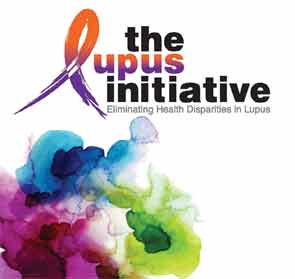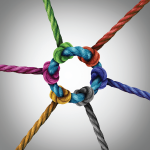
Many of us are fortunate to practice in settings with diverse patient populations. Ethnicity and gender may be the most obvious components when thinking about diversity, but factors such as socioeconomic status, education, culture, religion, and geography also play a role in defining who we are. Varied life experiences, which can influence the way one views the world and other people, also contribute to diversity. Most of us would agree that diversity is a good thing, but such differences are often subtle and complex, and may be easily overlooked or misunderstood.

When our patients do not look like us, sound like us, speak the same language, or share a similar life experience, does it affect the way we care for them? While we might like to think it does not, a growing body of evidence suggests that it can. We all make unconscious, split-second decisions about the people we encounter throughout the day. As healthcare professionals, we are not immune to the effects of bias. Indeed, we may be more susceptible because we often operate under tight time constraints, with limited information, and under a high degree of stress and fatigue.
In a typical clinical setting, many patients require our attention, each with their own unique personal and medical story. Combine a diverse patient population with a wide variety of needs with a busy physician who is constrained by time and a wide variety of inadequate resources, and you have a challenging situation. This can be magnified for us as rheumatologists, dealing with patients with complex medical conditions—like lupus—with protean, unpredictable, and sometimes life-threatening manifestations. Symptoms can fluctuate, even within the same patient, and are sometimes reported in general and vague terms. But for the very same reasons, we are also uniquely qualified to deal with the challenges of bias. We are diagnostic experts—medical sleuths—and we are particularly skilled at solving hard-to-grasp puzzles. As we increase our awareness of the effects of bias and our understanding of the nature and breadth of bias, we can harness our diagnostic expertise to improve patient care and bring greater awareness to the impact of bias in healthcare.
Even Unconscious Bias Is Dangerous
Raising awareness about conscious and unconscious bias is of critical importance as more studies show that it can lead to tangible differences in patient care and outcomes. In a video interview that is part of a new CME series discussed below, one colleague shared that he had unconsciously, and incorrectly, assumed that the lupus patients he treated through a large public hospital had a lower level of education, on average, than his private patients even though his own data on the sociodemographic makeup of his patients showed otherwise. The false assumption was brought to his attention by an audience member during a presentation he made, and he later wondered if this unconscious bias had limited his level of discourse with these patients and if there was an effect on the care they received. Another recounted how he had, for twenty years, used a picture of a Caucasian woman to illustrate a typical lupus rash to his second-year medical students but described the more typical patient as an African-American woman. When approached by one of his students questioning this discrepancy, he realized that the presentation would benefit from more representative images. He now uses a variety of photographs to illustrate how lupus rash presents on a variety of skin tones.


